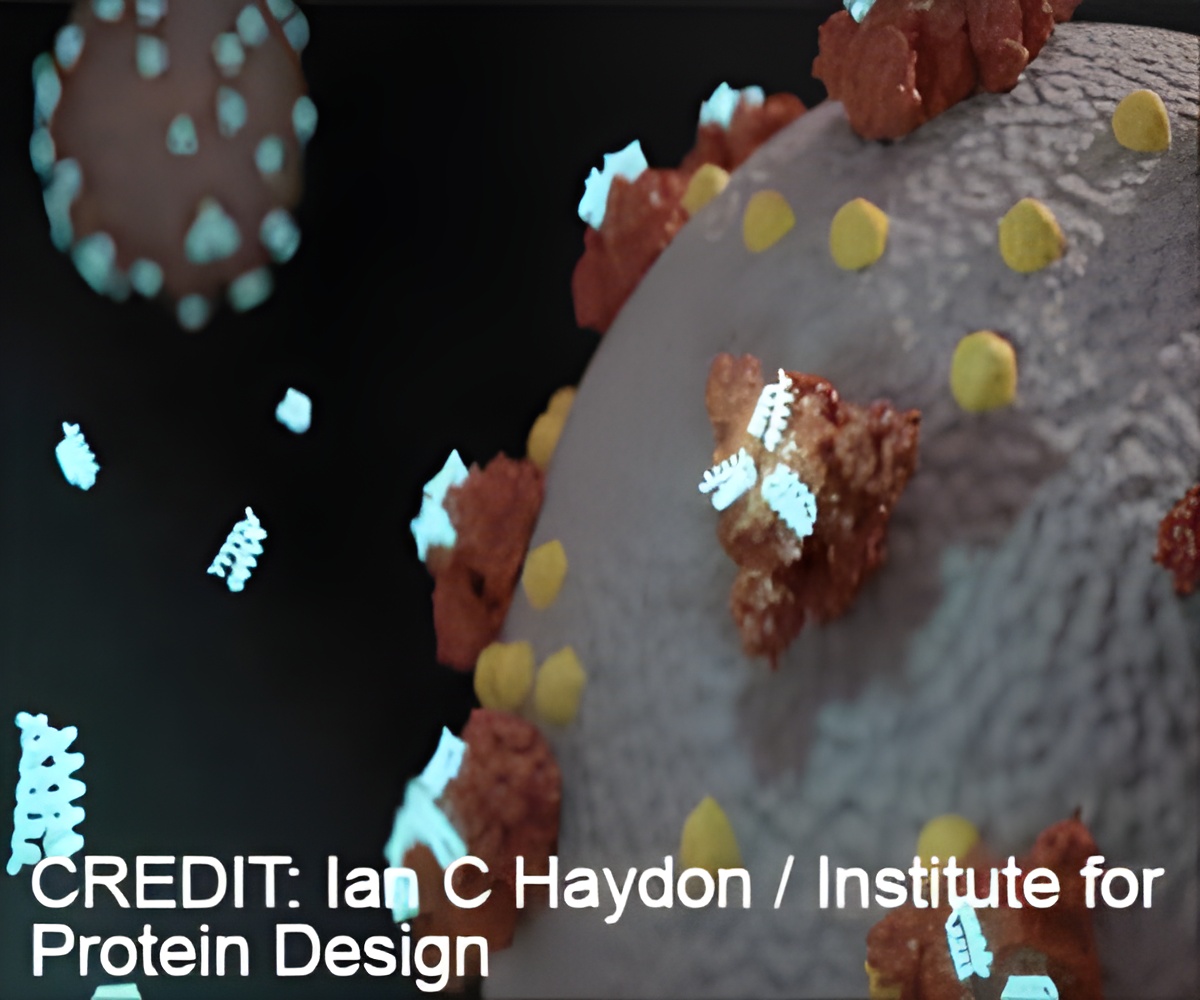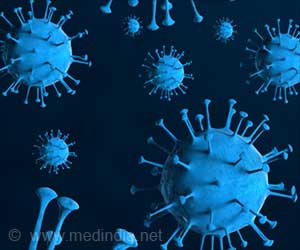The new antiviral approach against COVID-19 using gene-silencing RNA technology with lipid nanoparticles to attack the virus' genome directly in the lungs reduces the viral load by 99.9 percent.

Griffith University and City of Hope designs this treatment approach using gene-silencing RNA technology called siRNA (small-interfering RNA) to attack the virus' genome directly with lipid nanoparticles to deliver directly to lungs.
"Treatment with virus-specific siRNA reduces viral load by 99.9 per cent. These stealth nanoparticles can be delivered to a wide range of lung cells and silence viral genes," said co-lead researcher Nigel McMillan, Professor at Menzies Health Institute Queensland (MHIQ) at Griffith.
The findings of the experiment published in the journal Molecular Therapy shows that treating SARS-Cov-2 infected mice with this therapy improves the survival and loss of disease.
They also discovered that nanoparticles were stable at 4 degrees Celsius for 12 months and at room temperature for greater than one month so that they will be used in low-resource settings to treat infected patients.
"These nanoparticles are scalable and relatively cost-effective to produce in bulk," added Kevin Morris, Professor and associate director of the Centre for Gene Therapy at City of Hope.
Advertisement
Advertisement











